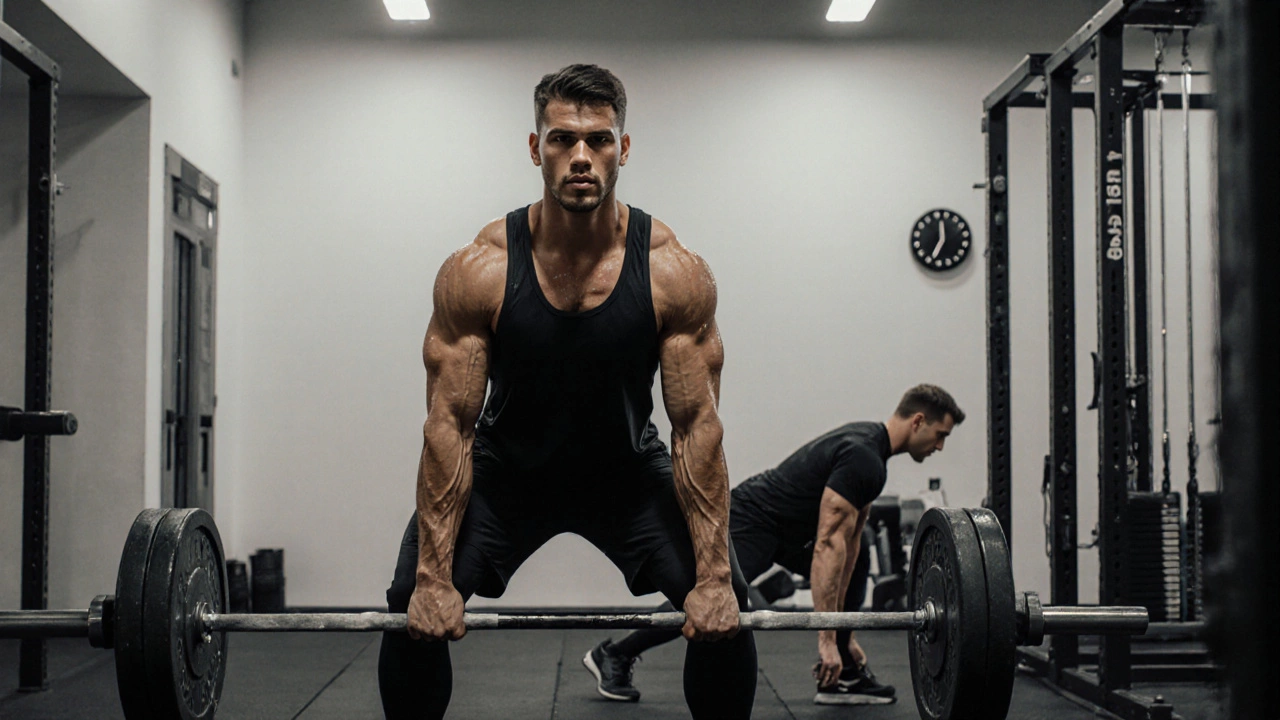Is 2 hours in the gym too long? For most people, 45-75 minutes is enough to build muscle and lose fat. Learn why longer workouts often hurt more than help-and how to train smarter, not longer.
How Long Should You Work Out?
When it comes to how long should you work out, the ideal duration depends on your goals, fitness level, and the type of exercise you're doing. It's not about grinding for hours—it's about working out smart. A 20-minute high-intensity session can do more for your heart and metabolism than an hour of slow, low-effort movement. And if you're lifting weights, 45 minutes of focused effort beats two hours of distracted sets. The key isn't clock time—it's workout intensity, how hard you push during the time you're active. Studies show that people who train with higher intensity for shorter periods often see better gains in strength and endurance than those who train longer but at lower effort.
Most adults don’t need to spend over an hour in the gym. For general health, the CDC recommends at least 150 minutes of moderate aerobic activity a week—that’s just 30 minutes, five days a week. If you’re building muscle, 3–4 sessions of 45–60 minutes with proper rest between them works better than daily 90-minute marathons. fitness routine, your personal schedule and recovery ability matter more than following someone else’s 2-hour regimen. Overtraining leads to burnout, injuries, and stalled progress. You don’t need to sweat for hours to get stronger, leaner, or healthier. What you need is consistency, the right effort level, and enough rest.
And let’s talk about recovery. If you’re pushing hard on Monday, you might not need to train Tuesday. Your body builds strength and endurance while resting—not while you’re sweating. That’s why many top athletes train just 4–5 days a week and take at least two full rest days. If you’re new to exercise, start with 20–30 minutes, three times a week. Build up slowly. If you’re training for a race or a personal goal, adjust your time based on your plan—not a random Instagram post. The posts below cover real examples: how to structure a 30-minute strength session, why marathoners don’t run 20 miles every day, and how even 10 minutes of movement can boost your mental health. You’ll find clear, no-nonsense guides that match your life—not a professional athlete’s.
So, how long should you work out? It’s not one-size-fits-all. But if you’re looking for results without burnout, focus on quality over quantity. The right amount of time, done consistently, is better than anything you force through exhaustion. Below, you’ll find practical advice from people who’ve been there—no hype, just what actually works.
